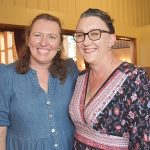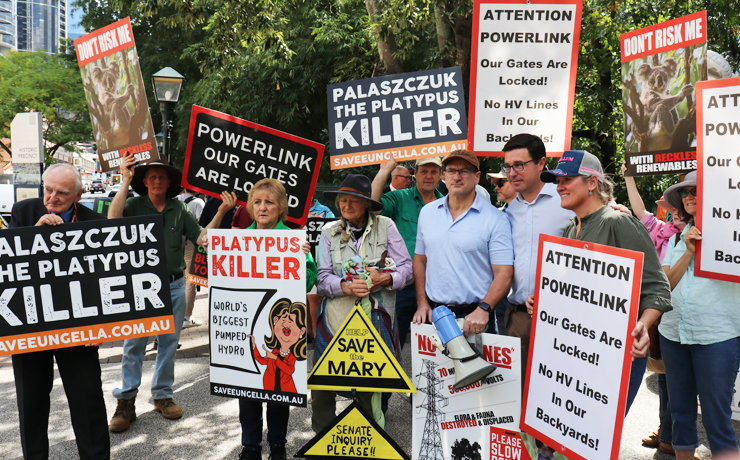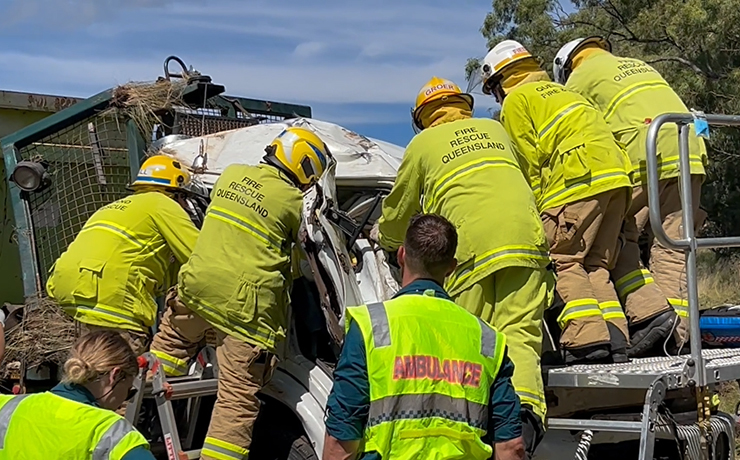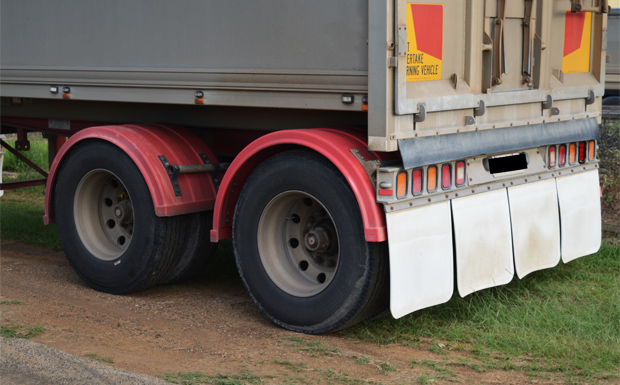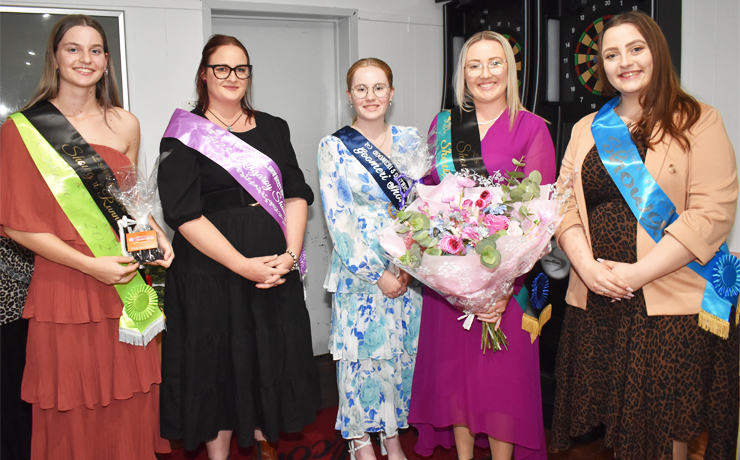
Scams targeting Indigenous people were at the highest level ever recorded according to the Australian Competition and Consumer Commission’s (ACCC) annual Targeting Scams report.
In 2016, the ACCC received 1499 reports about scam activity from Indigenous people, up 87 per cent on 2015.
Losses from these scams totalled nearly $1.5 million.
“The ACCC found that scam activity in Australia was at record levels in 2016, and unfortunately Indigenous people are being targeted at an alarming rate,” ACCC Deputy Chair Delia Rickard said.
“The average loss to scams increased more than $1000 from $7142 in 2015 to $8174 in 2016.”
Scammers were most likely to target Indigenous people with advance fee fraud scams.
These scams come in a number of guises and scammers try to get their victims to pay an up-front fee to receive a large payment, such as from the government or a lottery provider.
“One common type of advance fee fraud scam is where a scammer pretends to be from a government department like the Tax Office or Centrelink,” Ms Rickard said.
“The scammers will claim their victims are entitled to a rebate for overpaid taxes or for a pension, and get their victim to pay an up-front fee to release the money.
“That rebate doesn’t exist and the fake fee is going straight into a scammer’s pocket.”
Scammers typically contacted Indigenous people via email, the phone, online and via social media.
Indigenous women were more likely to lose money to a scammer compared to men.
Dating and romance scams ($852,182 in losses) and inheritance scams ($320,400 in losses) cost Indigenous people the most money in 2016.
These reports included two large individual losses in the dating and romance ($800,000) and inheritance ($300,000) categories.
“This Fraud Week we want to help Australians learn how to spot social media scams”, Ms Rickard said.
“Indigenous people lost $30,000 to scams that originated on social media in 2016.
“Dating and romance and fake online store scammers in particular use social media platforms like Facebook to con their victims.”
Ms Rickard said the ACCC was conducting outreach programs in Indigenous communities to talk about scams and other fair trading issues.
“We’ve also had great success setting up the ‘Your Rights Mob’ Facebook page to engage directly with Indigenous people about issues including scams, and also this year released additional educational material about identifying and avoiding scammers,” Ms Rickard said.
“Given the increasingly sophisticated tactics and sheer volume of scam activity, it’s more important than ever that we can educate and empower Indigenous people to avoid scams wherever possible.”
For more about scams visit www.scamwatch.gov.au, follow @Scamwatch_gov on Twitter and subscribe to Scamwatch email alerts.







